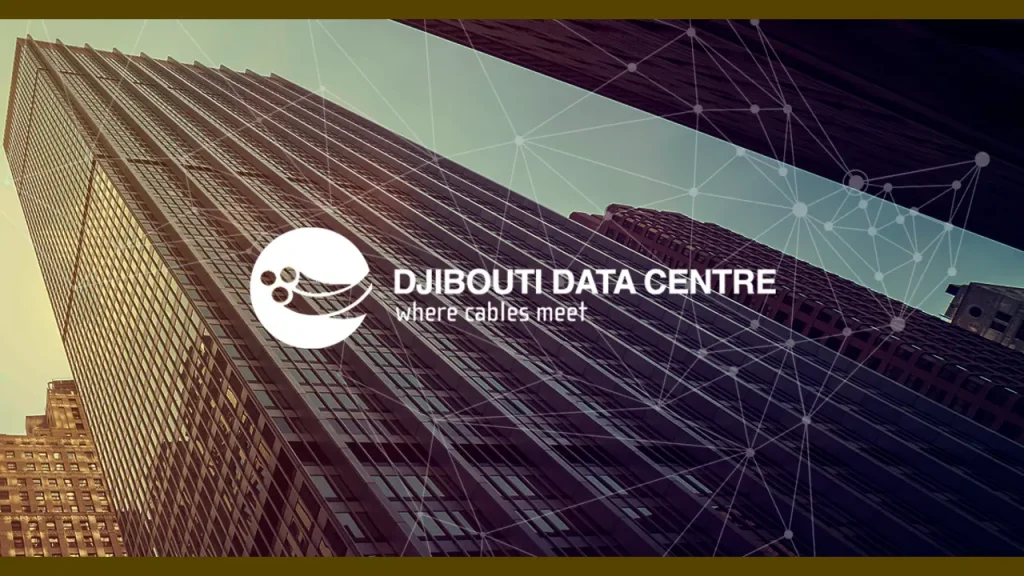- Sparkle selects Djibouti Data Center as its IP hub for African network traffic.
- The facility addresses rising demand amid infrastructure challenges and digital transformation in the region.
Djibouti Data Center strengthens East Africa’s connectivity
The Djibouti Data Center (DDC) has been selected by Sparkle, the global operator of the TIM Group, as its new IP hub in Africa, signalling a major step forward in the region’s digital transformation. As part of this collaboration, Sparkle has deployed a new Point of Presence (PoP) within the carrier-neutral DDC facility, enabling faster and more efficient interconnection between East Africa and Europe, the Middle East and Asia. With this move, Djibouti further cements its role as a gateway for international traffic into Africa.
The data centre’s location at the crossroads of over 11 international and regional cable systems—such as SEA-ME-WE, EASSy, and AAE-1—makes it an ideal hub for content delivery networks, ISPs and hyperscale providers looking to serve African markets. Sparkle’s decision is seen as a vote of confidence in Djibouti’s infrastructure capabilities, particularly as it expands its global IP transit service Seabone and enhances latency performance across multiple continents.
Also read: China reins in data centre boom with national cloud platform
Also read: Why adopting Infrastructure as a Service (IAAS)?
Industry challenges and Djibouti Data Centre’s innovative response
Despite its strategic positioning, East Africa’s digital infrastructure still faces notable challenges. Power reliability, operational costs and regulatory hurdles continue to be key issues across many African data markets. However, DDC has remained resilient, leveraging Djibouti’s stable power grid and submarine cable landings to attract major global clients and support regional growth.
As outlined in the company profile, DDC is the first and only Tier 3, carrier-neutral data centre in East Africa. It offers advanced services such as secure colocation, interconnection, and disaster recovery, catering to both international players and domestic enterprises. Its recent growth demonstrates how strategic infrastructure, when coupled with forward-looking partnerships, can help close Africa’s connectivity gaps and support the continent’s digital future.

